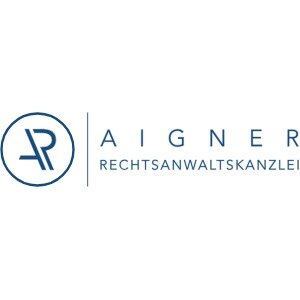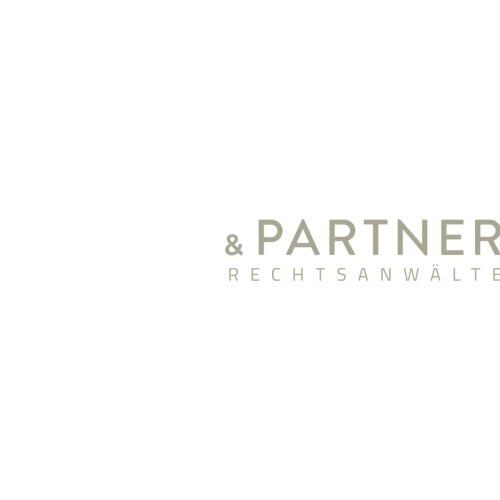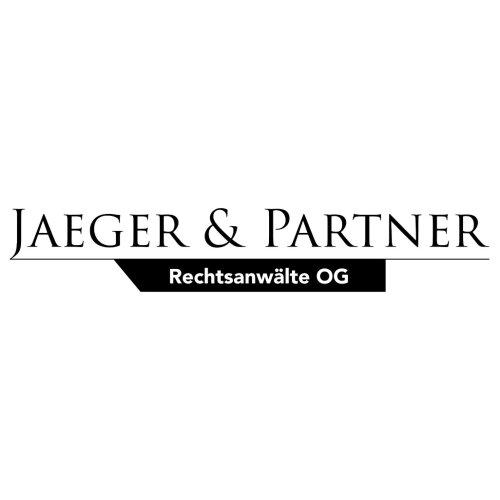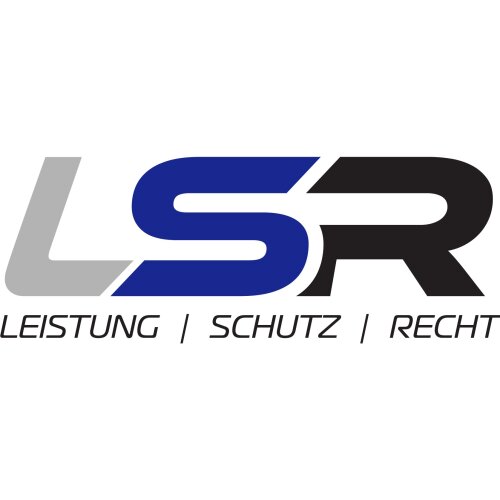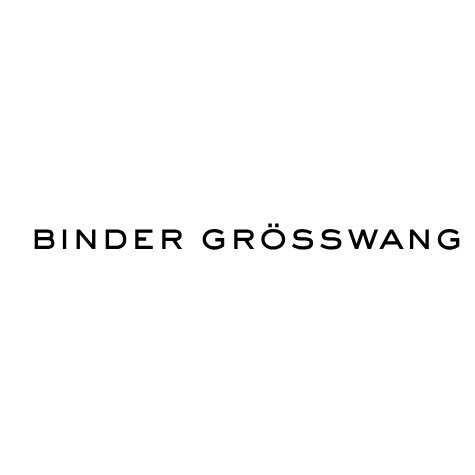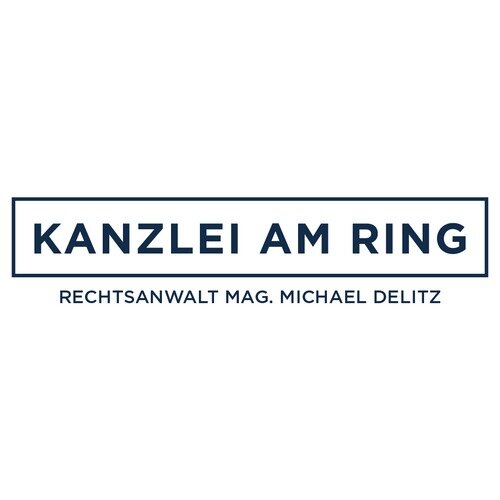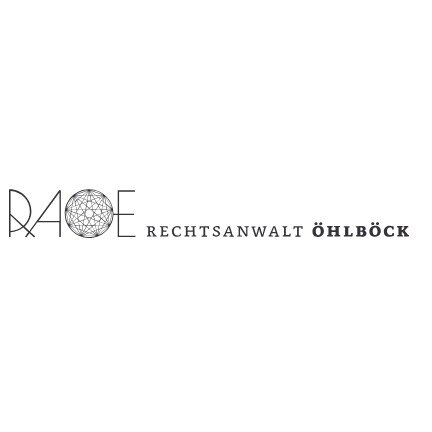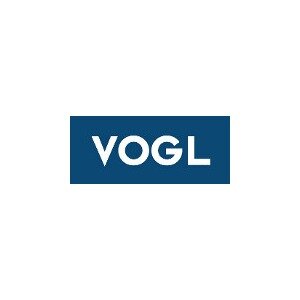Best Energy Regulatory Law Lawyers in Austria
Share your needs with us, get contacted by law firms.
Free. Takes 2 min.
Or refine your search by selecting a city:
List of the best lawyers in Austria
About Energy Regulatory Law in Austria
Energy Regulatory Law in Austria covers the rules and frameworks governing the generation, transmission, distribution, and supply of electricity and gas. This field encompasses the regulation of energy markets, compliance with national and European Union (EU) directives, oversight of energy providers, consumer protection, renewable energy incentives, and the licensing of energy-related activities. Austrian Energy Regulatory Law is shaped by both local legislation and broader EU policy, ensuring a stable, secure, and competitive energy sector while promoting sustainability and environmental protection.
Why You May Need a Lawyer
Individuals and businesses may encounter a range of legal issues when navigating Austria's energy sector. Common situations requiring legal advice include:
- Obtaining permits or licenses for energy generation or distribution
- Participating in or contesting regulatory proceedings
- Drafting and negotiating supply contracts
- Handling compliance investigations or disputes with regulatory authorities
- Interpreting complex EU energy regulations and how they apply locally
- Responding to changes in legal frameworks affecting renewable energy projects
- Resolving energy tariff disputes with suppliers or network operators
- Mergers, acquisitions, or investments in the energy sector
- Accessing state subsidies or incentives for renewable projects
- Addressing land use, environmental, and zoning issues connected to energy infrastructure
A lawyer specializing in Energy Regulatory Law offers vital guidance, helps prevent costly mistakes, and ensures compliance with Austrian and EU regulations.
Local Laws Overview
Austrian Energy Regulatory Law operates within a dual framework of national statutes and EU legislation. Key aspects include:
- The Elektrizitätswirtschafts- und -organisationsgesetz (ElWOG) or Electricity Industry and Organization Act governs the electricity sector, covering licensing, network access, pricing, and consumer rights.
- The Gaswirtschaftsgesetz (GWG) or Gas Industry Act similarly regulates the gas market, including supply, transport, and distribution.
- The energy regulator in Austria, the Energie-Control Austria (E-Control), oversees compliance, market integrity, and consumer protection for both electricity and gas.
- Austria implements EU energy law and market rules, especially the EU Third Energy Package, promoting competition, transparency, and market integration.
- There are specific national programs and incentives supporting renewable energy development, most recently under the Erneuerbaren-Ausbau-Gesetz (EAG) or Renewable Expansion Act.
- Strict legal requirements exist around grid access, fair competition, public procurement, and environmental impact assessments for energy projects.
- Consumer protection provisions grant rights regarding fair pricing, reliable supply, and transparent billing for households and small businesses.
Frequently Asked Questions
What is the main regulatory body for energy markets in Austria?
The principal regulator is Energie-Control Austria (E-Control), which supervises electricity and gas markets, ensures fair competition, sets tariffs, and enforces compliance with applicable laws.
How does Austrian law promote renewable energy?
Austrian legislation, especially under the EAG, provides subsidies, tariffs, and regulatory benefits for renewable energy projects to support national and EU environmental goals.
Do I need a license to produce renewable energy for my own use?
Small-scale self-generation (for example, household solar panels) is generally permitted with simplified notification or registration. Larger commercial projects require approval and licensing.
Can energy suppliers freely set their prices?
While Austria supports market-based pricing, E-Control monitors prices to prevent abuse and protect consumers, especially in the case of basic or universal service providers.
What are my rights as an energy consumer?
Consumers are entitled to transparent contracts, fair billing, complaint procedures, and the right to switch suppliers without undue cost or hindrance.
How does grid access work for new market entrants?
New suppliers or producers must apply to the relevant network operator for access. The law ensures non-discriminatory access, though technical and financial criteria must be met.
How are energy disputes resolved in Austria?
Disputes may be addressed through regulatory review by E-Control, alternative dispute resolution mechanisms, or through the courts if necessary.
What are the key obligations for energy companies under Austrian law?
Obligations include licensing, compliance with technical standards, ensuring security of supply, meeting public service requirements, and adhering to anti-monopoly rules.
How do EU regulations affect the Austrian energy market?
Austria is required to implement EU directives and regulations, which promote integration, cross-border market participation, and harmonized consumer protections.
Are there special legal considerations for energy infrastructure projects?
Yes, such projects require compliance with environmental, zoning, and planning regulations and often involve detailed permitting and stakeholder consultation processes.
Additional Resources
For more information, consider consulting the following resources and organizations:
- Energie-Control Austria (E-Control) - national energy market regulator
- Bundesministerium für Klimaschutz, Umwelt, Energie, Mobilität, Innovation und Technologie (BMK) - Federal Ministry responsible for energy policy
- Wirtschaftskammer Österreich (WKÖ) - Austrian Economic Chambers, offering legal and economic guidance for businesses
- Österreichische Energieagentur (Austrian Energy Agency) - providing sector reports and statistics
- Consumer protection offices for individual advice and complaint support
- Legal databases such as RIS (Rechtsinformationssystem des Bundes) to access current legislation
Next Steps
If you believe you need legal help with Energy Regulatory Law in Austria, start by identifying your specific issue or compliance requirement. Gather all relevant documentation, such as contracts, regulatory correspondence, or technical permits. Consult E-Control’s information services for initial guidance. To ensure your rights and obligations are fully understood and protected, contact a lawyer specializing in Austrian Energy Regulatory Law. Many law firms provide initial consultations to assess your situation and recommend the most effective legal strategy moving forward.
Remember that the energy sector is subject to frequent legislative updates and complex regulatory requirements. Acting early and securing expert legal support will help you navigate the system efficiently and avoid potential risks or disputes.
Lawzana helps you find the best lawyers and law firms in Austria through a curated and pre-screened list of qualified legal professionals. Our platform offers rankings and detailed profiles of attorneys and law firms, allowing you to compare based on practice areas, including Energy Regulatory Law, experience, and client feedback.
Each profile includes a description of the firm's areas of practice, client reviews, team members and partners, year of establishment, spoken languages, office locations, contact information, social media presence, and any published articles or resources. Most firms on our platform speak English and are experienced in both local and international legal matters.
Get a quote from top-rated law firms in Austria — quickly, securely, and without unnecessary hassle.
Disclaimer:
The information provided on this page is for general informational purposes only and does not constitute legal advice. While we strive to ensure the accuracy and relevance of the content, legal information may change over time, and interpretations of the law can vary. You should always consult with a qualified legal professional for advice specific to your situation.
We disclaim all liability for actions taken or not taken based on the content of this page. If you believe any information is incorrect or outdated, please contact us, and we will review and update it where appropriate.
Browse energy regulatory law law firms by city in Austria
Refine your search by selecting a city.




